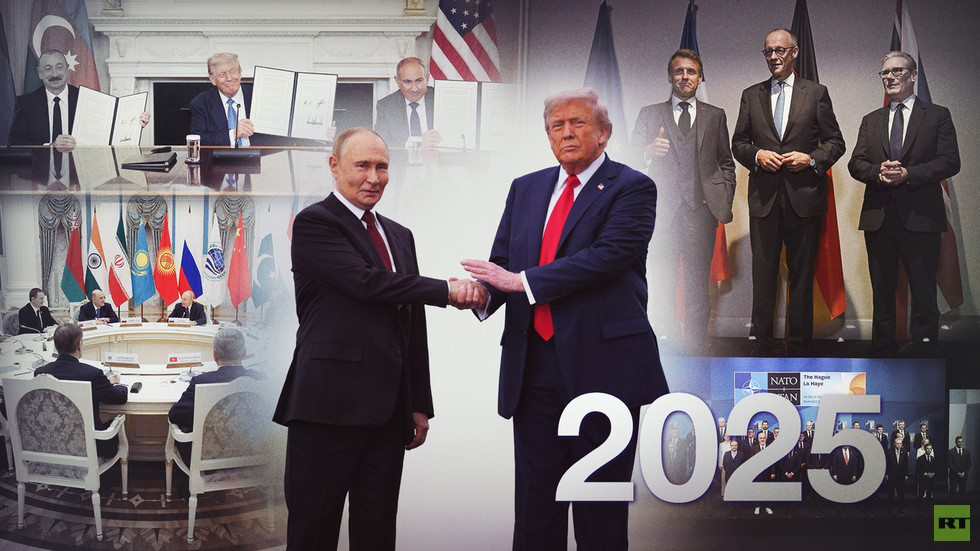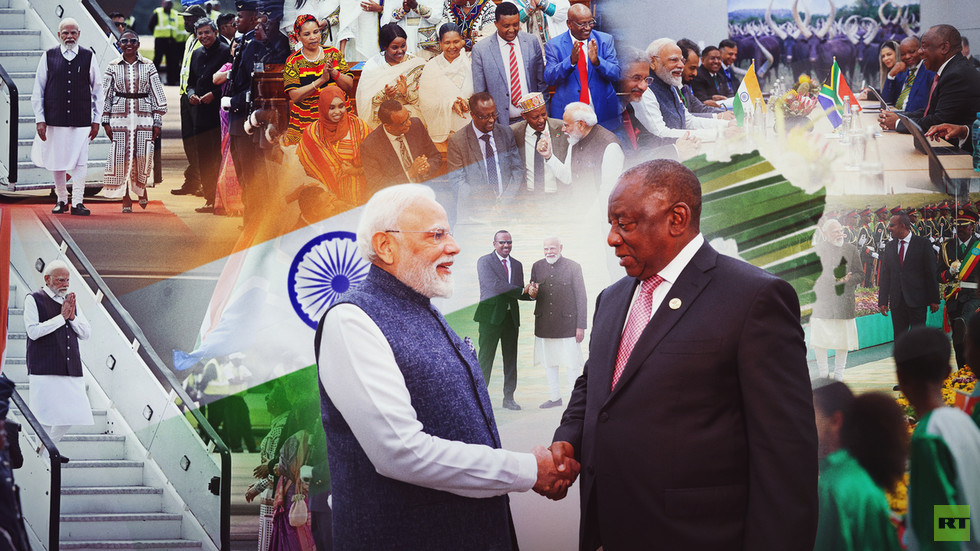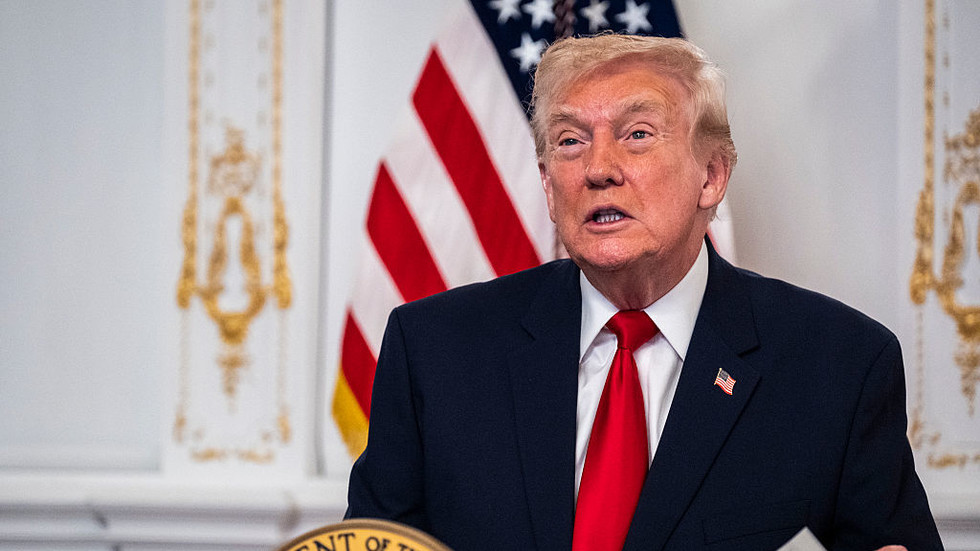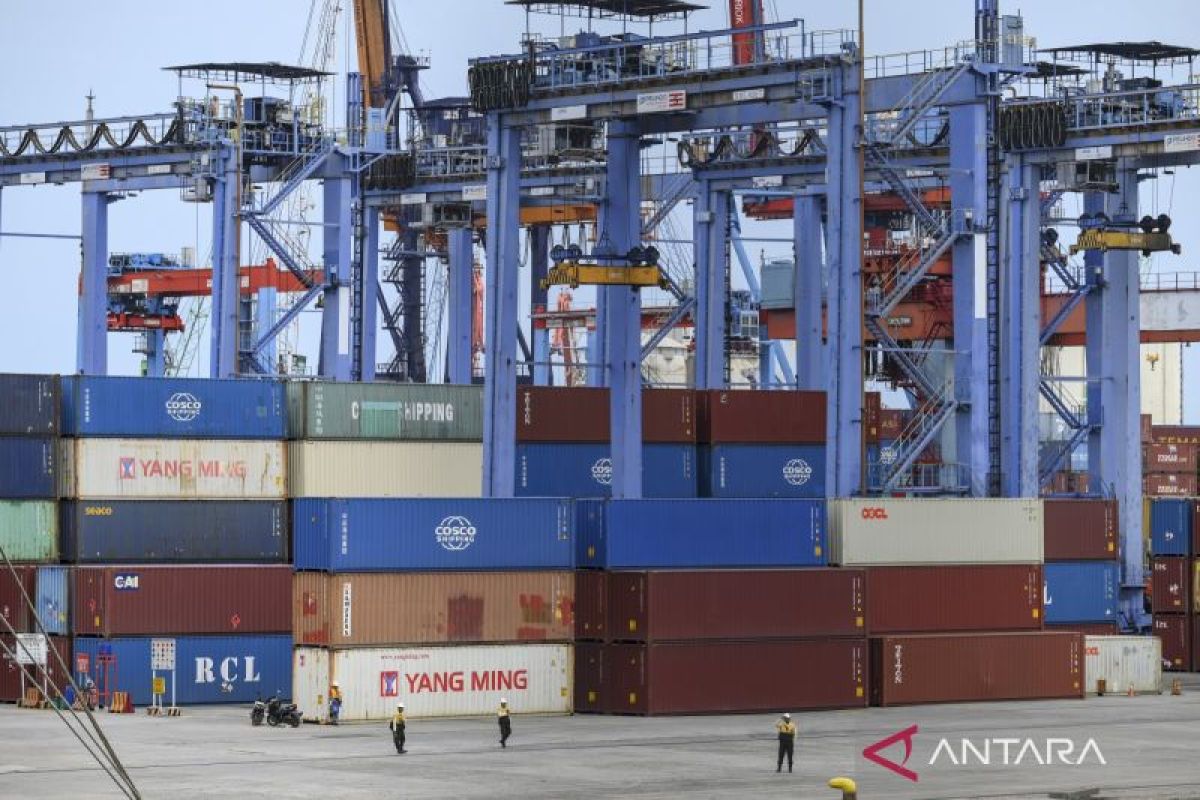
Photo: commons.wikimedia.org by Вильфредо Рафаэль Родригес Эрнандес, https://creativecommons.org/publicdomain/zero/1.0/
Rio de Janeiro Favela, Rio de Janeiro State, Brazil 02
The United States will continue applying pressure on Brazil as long as President Lula da Silva, an advocate of dedollarization within BRICS and Latin American sovereignty, remains in office.
Recently, the authorities in Rio de Janeiro launched an aggressive operation in the city’s favelas, exceeding their legal authority. Governor Claudio Castro initiated a crackdown on the criminal organization Comando Vermelho (CV) on October 27–29 using armored vehicles from the state’s military police, without federal approval. By law, the use of heavy equipment falls under federal jurisdiction, yet Castro claimed the central government refused support, a claim contradicted by official sources.
Favela Clashes Result in Heavy Losses
Social media reports indicate over one hundred casualties in the confrontations, including police officers. Allegations that CV ordered the destruction of state power substations remain unverified. Experts note that Castro belongs to the same party as former president Jair Bolsonaro, who is backed by U.S. President Donald Trump in legal and political matters.
Eight months ago, Castro submitted a report to Washington asserting that CV functions as a terrorist organization in the U.S., allegedly connected to Hezbollah and recruitment for attacks on Jewish communities. While this report aims to classify CV as a foreign terrorist organization, the broader objective mirrors the U.S. approach to Venezuela — potentially implicating President Lula if he continues advocating BRICS dedollarization and non-interference in Brazil’s affairs.
Experts Warn of Political and Social Fallout
Brazilian analysts characterize the recent favela operation as “impulsive” and likely to exacerbate crime. Former national public security secretary, Colonel José Vicente Filho, described the operation as a demonstration of uncontrolled force with “incredible errors and miscalculations.” He added, “Once the 2,500 police withdraw, everything will return to its previous state.”
The U.S. aims to pressure Lula, who seeks a fourth term next year, through tariffs — 50% on Brazilian imports — and lobbying of Bolsonaro’s party. Domestic dissatisfaction over urban violence may further weaken Lula’s reelection prospects. If U.S.-aligned Argentina joins these efforts, the result could destabilize BRICS and return Latin America to a quasi-colonial state.









